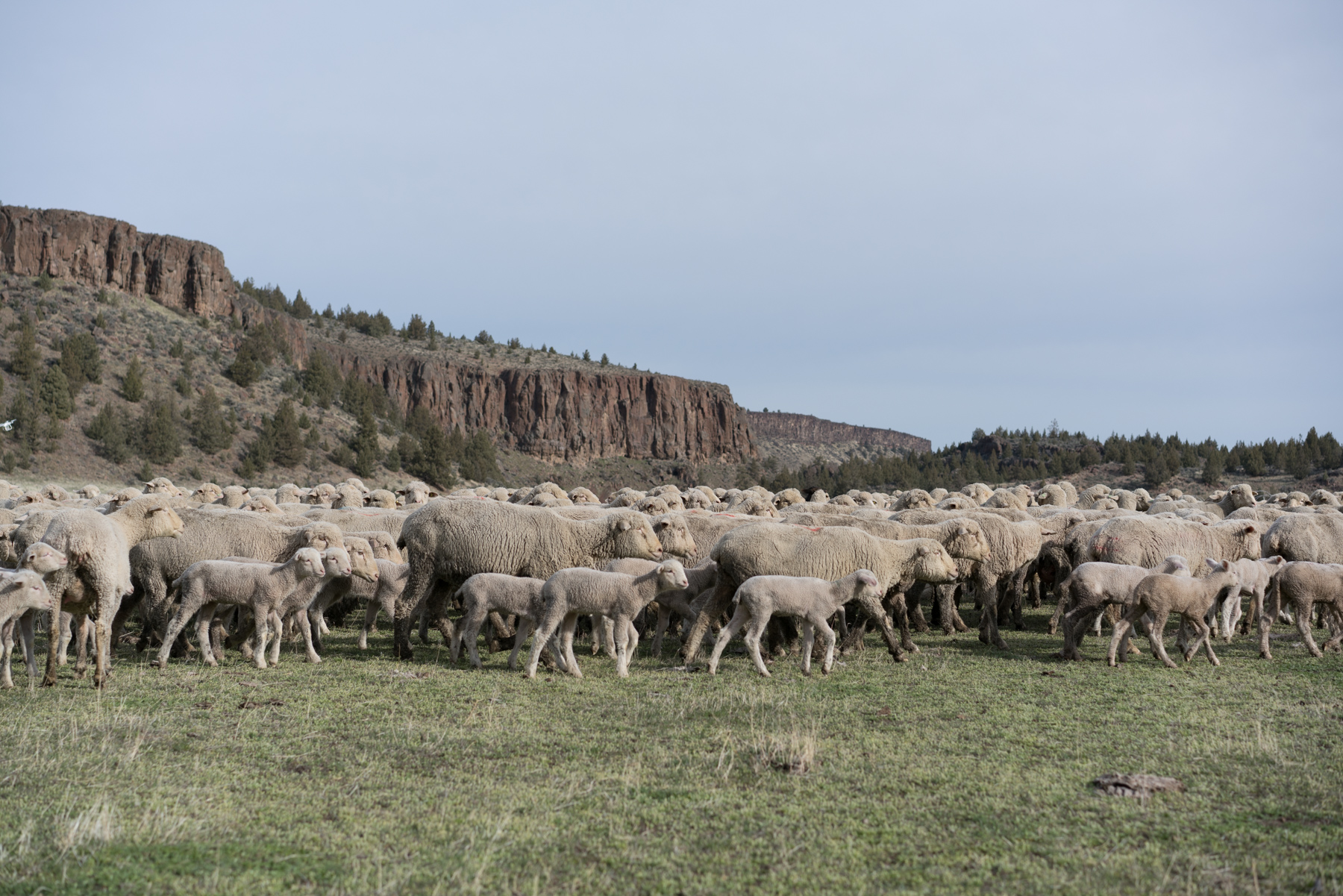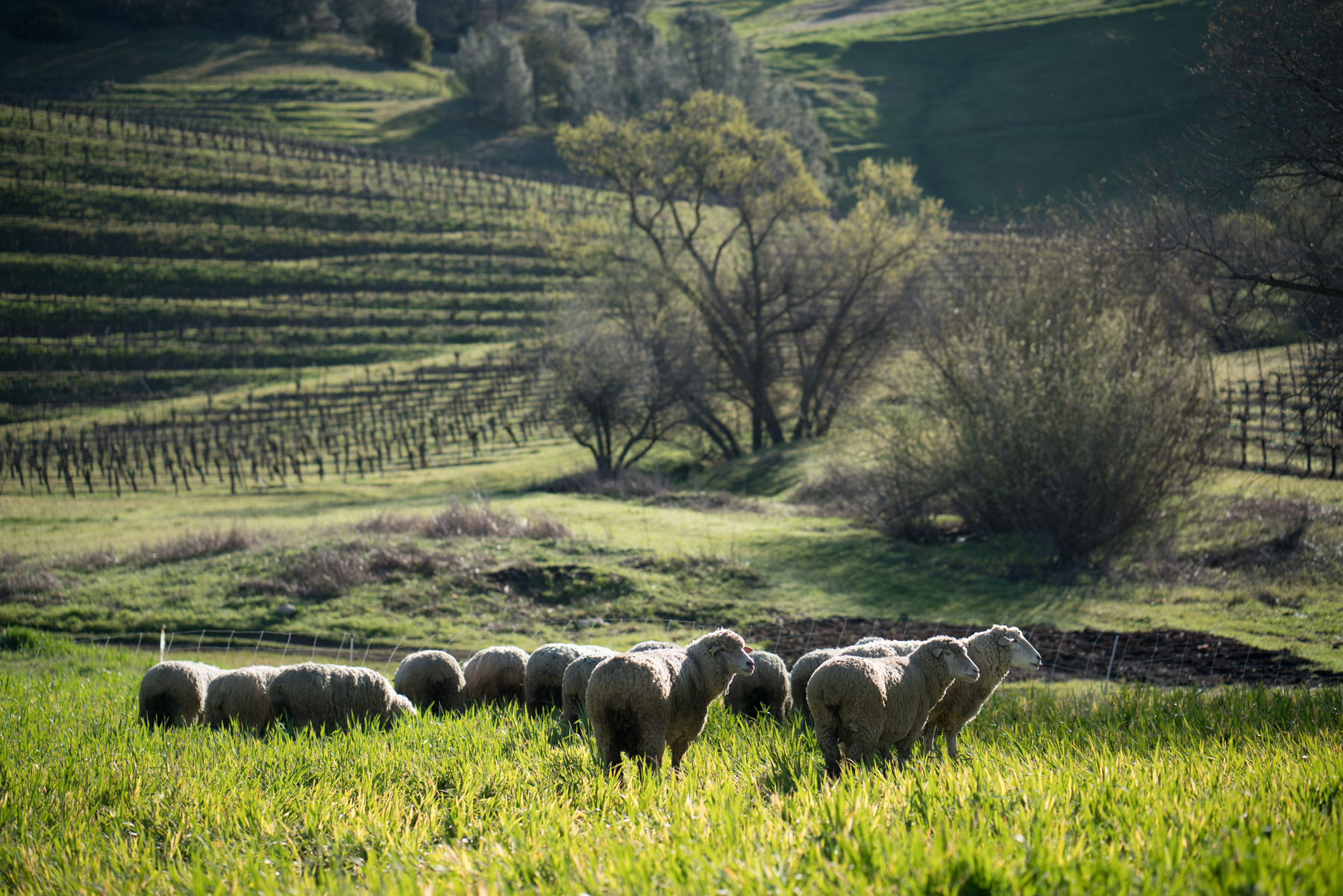A look at the menus of many pioneering and on-trend restaurants across the U.S. – from fast casual to ethnic fusion and fine dining – and it becomes clear, American lamb is on the rise.
In fact, according to American Lamb Board, appearance of lamb on restaurant menus is up 14 percent over the past 10 years and much of this is driven by more casual restaurants where lamb placement on menus is up 39 percent in quick serve restaurants and 58 percent in fast casual restaurants.
Lamb for a Change
So, what’s driving this resurgence of a protein once regarded as something saved for special occasions? According to the American Lamb Board, millennial restaurant goers eat lamb more often than the general population, ordering it three times per month while dining out, compared to only twice a month respectively. Millennials and “Thoughtful Eaters” are coveted diners many restaurants are focused on attracting, and they’re eating lamb – specifically lamb raised on American soil – far more than the average person. According to Inc., “millennials eat the highest share of their meals in restaurants, and are more likely to purchase prepared meals.” The millennial population brings a fresh new perspective and demand to dining, as they’re more adventurous eaters, globally-minded and put an emphasis on the quality of their cuisine and where it comes from.

In addition to being more open-minded about trying new proteins, Millennials are thoughtful consumers and greatly value the impact of their choices. They seek out and support transparency in the food system. Millennials are mindful of what they consume, and prefer locally-sourced protein, rather than meat that has been imported. American lamb has an advantage over lamb imported from New Zealand or Australia in this regard, as it fresher, safer and of higher quality. While American lamb is slightly more expensive than imported lamb, research shows consumers are willing to pay more for lamb that is raised on American soil. In addition, American lamb is sustainably raised, and helps to support U.S. ranchers and farmers.
A Multifaceted Menu Option
Another strength of American lamb for any restaurant is that it offers great versatility in terms of recipes, different parts of the meal and restaurant concepts where it can support more authentic menu offerings. Millennials are gravitating toward lamb because it offers something new and unexpected compared to run-of-the-mill chicken, pork or beef. American lamb allows diners to travel the world through their plates, experiencing things like street-food inspired dishes such as lamb meatballs or lamb kebabs, ethnic-inspired breakfast items like lamb shakshuka and other authentic ethnic cuisine.

Many American restaurants are seeing success from featuring American lamb on its menus. Restaurants such as Souvla, Zaytoon, Taverna, Soma Eats, The Meatball Bar and more are specifically highlighting American lamb from Superior Farms, the leading purveyor of farm-to-table American lamb, in certain dishes – offering an added layer of transparency to consumers about where their meat is coming from. In San Francisco, Souvla, a fine casual Greek restaurant and wine bar, has relied on Superior Farms’ American lamb for its lamb sandwich and lamb salad since opening its first restaurant in San Francisco’s Hayes Valley in April 2014. With lines out the door for their delicious, modern take on Greek street food, Souvla will open its fourth restaurant in the city’s Marina district in the coming months.
With the growing use of lamb in appetizers, sandwiches, soups and salads, 75 percent of fine-dining restaurants are incorporating lamb into their menus, along with fast-casual restaurants offering lamb options, one thing is clear – American lamb has hit its stride.
Millennial Diners Are Driving Demand for American Lamb posted first on happyhourspecialsyum.blogspot.com

No comments:
Post a Comment